Washington, D.C., Oct. 15 – Have you ever heard the expression “Nothing about us without us”? Within the disability rights community, it means that if there is something affecting people with disabilities that is being discussed or debated, the voices and lived experiences of people with disabilities need to inform that debate. The COVID-19 pandemic has cast a clear light on many of most important inequities that define American life. As such, the people most directly affected by issues such as education, jobs, prejudice, homelessness, criminal justice, poverty and other issues deserves to have their voice, insights and experiences respected and utilized in finding and implementing solutions.
Oftentimes, the solutions that the disability community brings forward can have a broad impact on the community. For instance, adding closed captioning to videos does not just help people with specific disabilities. It can also help people who speak English as a second language or senior with hearing issues. This example illustrates that America will be better off when people with disabilities can fully participate in the political process, just like anyone else.
Therefore, RespectAbility, a nonpartisan national nonprofit organization fighting stigmas and advancing opportunities so people with disabilities can participate fully in all aspects of community, has been tracking campaign accessibility issues throughout this year. This includes back during the Democratic Presidential Primary as well as during the 2018 and 2016 election cycles. You can find a full archive of campaign accessibility specific posts on The RespectAbility Report here.
Many campaigns lack basic accessibility – from websites being accessible for people using screen readers to videos lacking captions for the 37.5 million American adults who are deaf or hard of hearing. In addition, not all campaign events are ADA accessible, including parking, entrances and bathrooms. Many lacked ASL interpreters and live captioning services.
However, as disability issues have gained more attention than in past election cycles, RespectAbility has highlighted campaign accessibility in the 2020 Disability Voter Questionnaire distributed to all candidates in key Senate and gubernatorial races on both sides of the aisle. Every candidate was given an equal opportunity to respond and if they are not listed, it is because they declined to answer.
Question 3 of the Questionnaire was: What specific measures have you taken to make your campaign accessible for, and inclusive of, people with disabilities, as every issue impacts our lives?
Below, read the answers from the candidates who responded. These responses are listed alphabetically by state:
Democratic Presidential Candidate and Former Vice President Joe Biden:
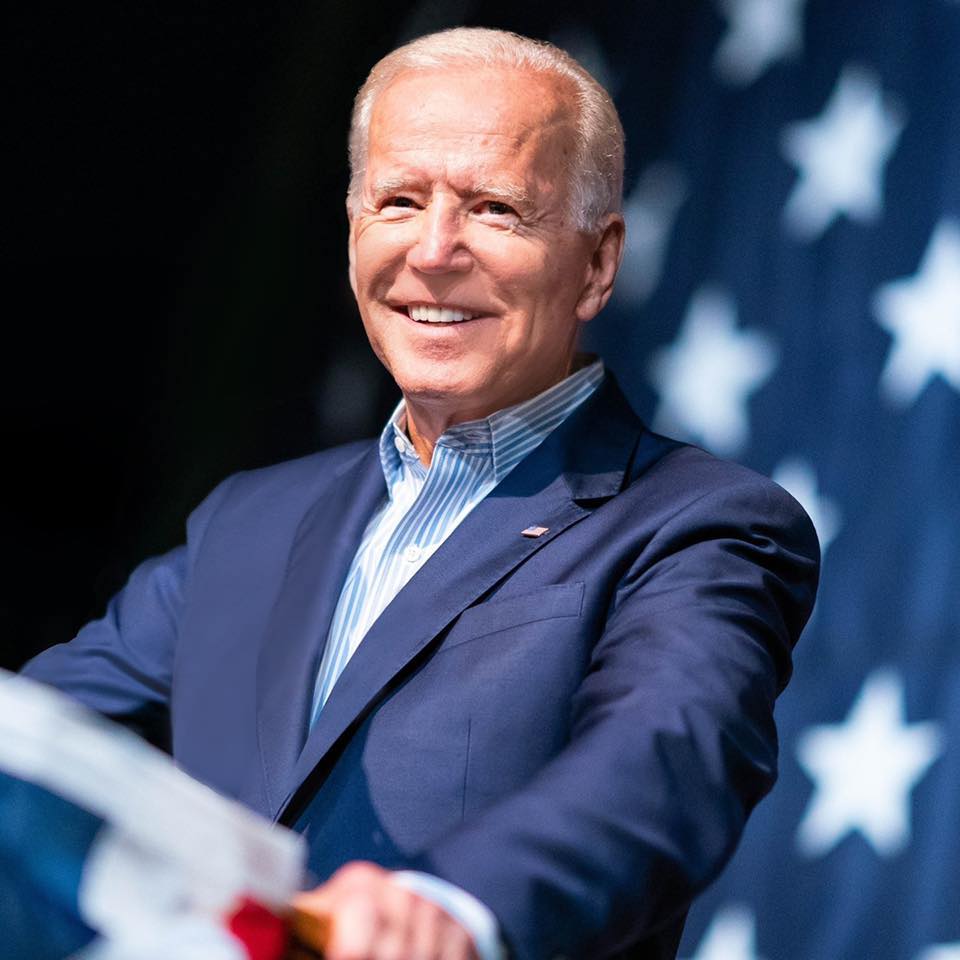
I believe that everyone should be treated with dignity and have a fair shot at getting ahead. That begins with my own campaign. We have hired individuals with disabilities, we have a dedicated Director of Disability Engagement, and as we transition to a fully virtual campaign we are working to ensure digital accessibility. If I have the honor of becoming President, every policy I pursue — from rebuilding our middle class, to fighting climate change, to achieving universal health coverage — will be created with the full inclusion and dignity of Americans with disabilities in mind.
Read Biden’s full questionnaire response here
Incumbent Democratic Senator Doug Jones of Alabama:
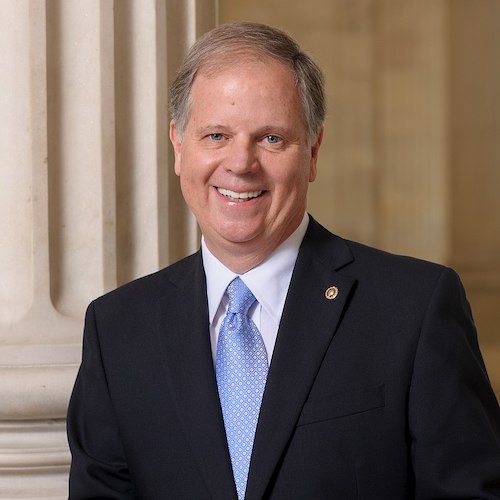
Our campaign includes individuals with disabilities, and true diversity is at the heart of our “One Alabama” effort. In fact, one of our staffers – an individual with cerebral palsy – attended the virtual RespectAbility summit marking the 30th anniversary of the ADA and meetings of the Alabama Disability Action Coalition in order to learn more about the issues specific to the disability community. We’ve also been working to address the economic, social and healthcare challenges faced by the disability community in the wake of the COVID-19 crisis.
Read Jones’s full questionnaire response here
Democratic Senate candidate and former Colorado Governor John Hickenlooper:

Hickenlooper is committed to accessibility and inclusiveness in both his physical and virtual campaign.
Read Hickenlooper’s full questionnaire response here
Incumbent Democratic Governor John Carney of Delaware:

My campaign welcomes all Delawareans to share their thoughts and concerns about the future of our state. We ensure that our offices and community events are always accessible for anyone who wishes to participate in the election process. I have spent most of the past several months talking directly to Delawareans about the threat of COVID-19. We have an obligation to ensure that all Delawareans have access to government services – including the most up-to-date public health information. That’s why we have made sure to include ASL interpreting services for each briefing, for example. We should make it easier – not harder – for all Delawareans to access their state government.
Read Carney’s full questionnaire response here
Incumbent Republican Governor Eric Holcomb of Indiana:
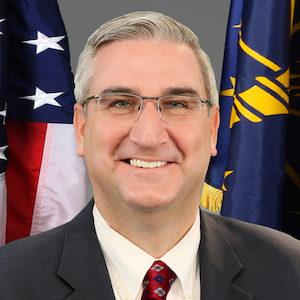
Editorial Note: Gov. Holcomb answered RespectAbility’s questionnaire with a letter focused on his Administration past disability efforts. He did not specifically answer Question 3.
Read Holcomb’s full questionnaire response here
Democratic gubernatorial candidate Dr. Woody Myers of Indiana:
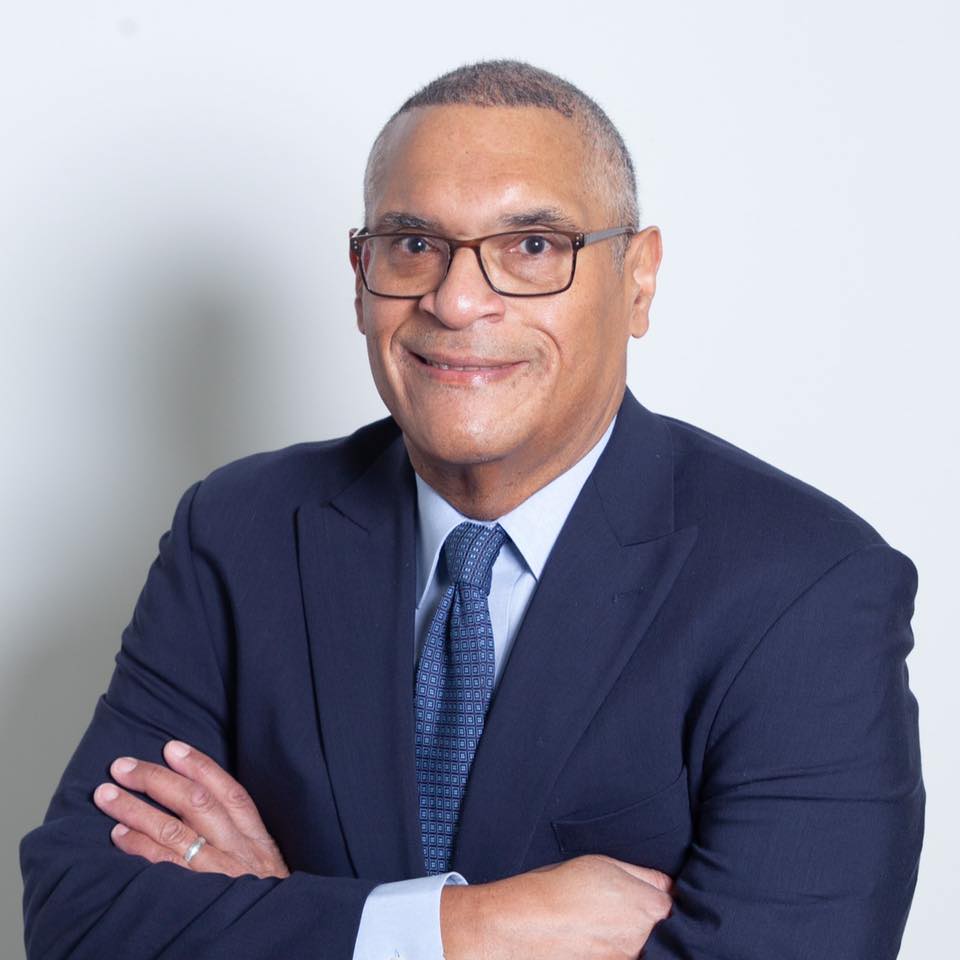
Our campaign has actively engaged with individuals, advocates, and stakeholders in the disability community to help inform policy development. One example: we included subtitles in our campaign videos to make them more accessible for people to learn more about us.
Ready Myers’s full questionnaire response here
Democratic Senate candidate Theresa Greenfield of Iowa:
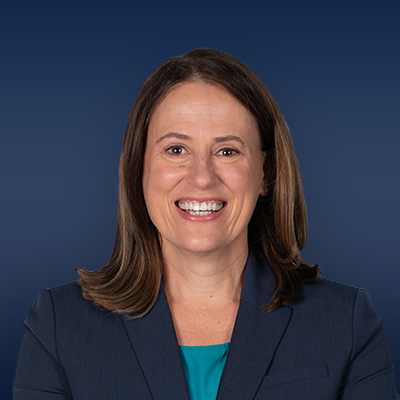
I share this important belief. One way our campaign is promoting this value is by captioning our videos, to ensure accessibility for people who are deaf or hard of hearing. We also made sure our office is wheelchair accessible.
Read Greenfield’s full questionnaire response here
Incumbent Republican Senator Susan Collins of Maine:

Editorial Note: Sen. Collins answered RespectAbility’s questionnaire with a letter focused on her legislative accomplishments and career. She did not specifically address Question 3 on our questionnaire.
Read Collins’s full questionnaire response here
Democratic Senate candidate and Speaker of the Maine House of Representatives Sara Gideon:

It is so important to me that people who will be affected by policy conversations and decisions have a seat at the table in those discussions. That’s why I’ve worked to ensure we include diverse perspectives on this campaign, and that our workplace is accessible, ADA compliant, and welcoming to all Mainers. And I’ll continue to do so in the Senate. I will always seek input from this community when making critical decisions and consider proposed legislation through the lens of how that legislation would impact people with disabilities.
Read Gideon’s full questionnaire response here
Democratic Senate candidate and current Montana Governor Steve Bullock:

On my campaign, we add captions to every pre-recorded video that we post. Issues important to Montanans with disabilities are important to me, which is why I have highlighted my priorities for inclusion and equality on my campaign’s website. The website itself is designed with numerous accessibility features, including a Userway Accessibility Widget and hidden label elements for screen reader compatibility. The site is fully legible without using any CSS or JavaScript, and its navigation elements do not rely on hover interactions. I also remain open to incorporating additional suggestions or recommendations to make my campaign even more accessible to people with disabilities.
Read Bullock’s full questionnaire response here
Incumbent Republican Senator Steve Daines of Montana:
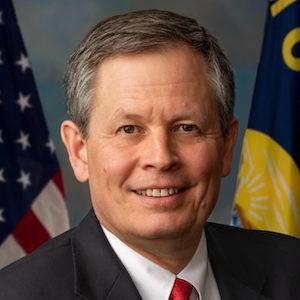
In today’s world, accessibility for all Americans is key. I’ve worked to ensure my campaign is transparent, open, and easily reached for all Americans and Montanans. My campaign team works long-and-hard to receive input from every corner of our state to ensure we are successfully reaching as many people as possible – including those with disabilities and their families.
Read Daines’s full questionnaire response here
Democratic candidate for Governor and current Montana Lieutenant Governor Mike Cooney:
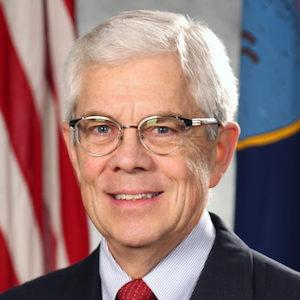
My campaign is dedicated to ensuring all our campaign materials, including online videos, are properly captioned and accessible for people with disabilities.
Read Cooney’s full questionnaire response here
Libertarian Senate candidate Bob Walsh of New Mexico:
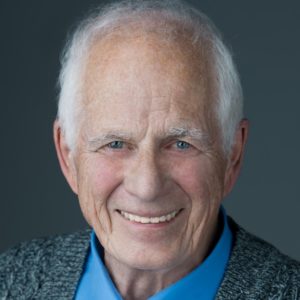
My staff consists of one part-time person. I have not inquired about potential disabilities.
Read Walsh’s full questionnaire response here
Democratic Senate candidate Cal Cunningham of North Carolina:
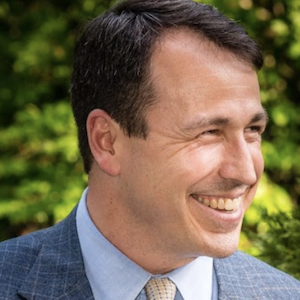
Throughout my campaign, I’ve prioritized hearing from North Carolinians – in person before the pandemic and now virtually – to discuss the issues facing communities in our state and potential solutions. We want to continue to engage with disability communities in North Carolina and welcome North Carolinians with disabilities to join these conversations,and provide feedback on the issues they’re passionate about as we work together to find potential solutions. More broadly, we’ve worked to make sure our campaign is as accessible as possible by taking steps, like adding captions to all of our videos, so that all North Carolinians can get involved with our campaign and help us fight for better representation for individuals with disabilities in the Senate.
Read Cunningham’s full questionnaire response here
Incumbent Republican Senator Thom Tillis of North Carolina:
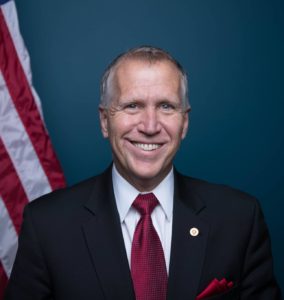
On social media, my Senate office adds alt text to describe images for visually impaired readers, which include specifics on what is happening in the photo. Alt text allows for a more detailed description that the caption itself does not always capture. I also include closed captions on videos shared from my social media accounts. By doing this, my channels are more accessible and inclusive so everyone can be a part of the conversation.
One of the more inspiring aspects of my job as U.S. Senator is getting to meet the best and brightest young North Carolinians who participate in our internship program. I make a concerted effort to recruit interns from all walks of life to ensure our interns represent the diversity of backgrounds and experiences that make North Carolina so strong. Recently, I was proud to welcome an intern to our office who is visually impaired. We secured appropriate accommodations, including adaptive software technology, to ensure that the intern could fully participate in all aspects of the internship program. At the conclusion of the internship program, this intern hosted a staff “Lunch and Learn” session, where they explained what life is like living with blindness, both in an office setting and in general. I have never seen my staff so engaged in a Lunch and Learn before, with the Q&A portion extending far beyond the originally allotted time. Thinking back on the experience today, I realize that I likely learned more from this intern than they learned from me.
Read Tillis’s full questionnaire response here
Incumbent Democratic Governor Roy Cooper of North Carolina:

As governor, I have worked to make sure our state is a national model for diverse workplaces. It’s part of why I signed Executive Order 92, Employment First for North Carolinians with Disabilities and why I’ve directed state government to lead in creating an inclusive job environment for workers with disabilities.
During the pandemic, we have held regular press conferences to update North Carolinians on coronavirus developments and any weather events and make sure to have an American Sign Language interpreter. We have also made efforts to structure website content on COVID resources in a way that makes it more accessible for screen readers.
The way we campaign has in many ways been turned upside down, but there’s a bright spot in that. We’ve been able to focus our efforts on connecting with voters digitally, and making sure we are accessible to North Carolinians from all walks of life.
Read Cooper’s full questionnaire response here
Democratic congressional candidate Moe Davis of North Carolina:
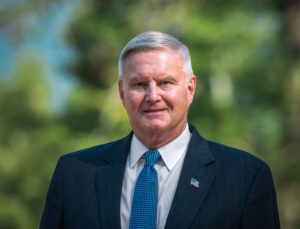
Unfortunately because of Covid-19, our campaign is mostly virtual and while we have hundreds of volunteers throughout our 17-county rural district, I have no way of knowing how many may be disabled. However, a disability is not a barrier to working for our campaign. My core campaign staff of four people does not include a person with a disability. I am a partially disabled veteran, and my father was 100 percent disabled, and as such I am more sensitive to those with disabilities. I do know what it is like to have disabled parent who cannot do some of the things other parents do.
Read Davis’s full questionnaire response here
Democratic Lieutenant Governor and candidate for Vermont Governor David Zuckerman:

I have always built my career in public service around listening, elevating, and including diverse voices. Our campaign is advised by a diverse group of individuals from across the state including both a staff member with a disability and key advisors who both have disabilities themselves and who have been working with the disability community and special education for years. Their voices are included and considered when making many of the key decisions on our campaign.
Accessibility during this campaign has been affected both positively and negatively by the coronavirus crisis. Many of our events that would have otherwise happened in-person have now led to more accessibility for those who would have had difficulties accessing them previously.
Specifically looking at steps our campaign has taken, we have diversified our modes of communicating with folks across the state to ensure that touchpoints exist for communities who may not have access to traditional modes of communicating with campaigns. These include hosting telephone town halls, subtitled videos, roundtable events on social media, and a drive-in campaign event with specific access and communication for folks who wished to attend who had disabilities. We have also highlighted key issues for the disabled community in our email program. Below is one of the emails that we sent out earlier this month:
Today marks the 30th anniversary of the passage of the Americans with Disabilities Act. We have come a long way, but there is still more work to do.
The Americans with Disabilities Act (ADA), signed into law on July 26, 1990 is described as, “one of America’s most comprehensive pieces of civil rights legislation that prohibits discrimination and guarantees that people with disabilities have the same opportunities as everyone else to participate in the mainstream of American life.”1
Remember, if you have a disability, you have:
The right to vote
The right to access your polling place
The right to receive reasonable accommodations for your disability
At a time when there are so many challenges facing our state and country, and when we are faced with the dire consequences of the public health emergency created by the coronavirus, we must ensure disabled Vermonters employ their ability to vote which is safeguarded through the ADA.
One of the best ways to do that is through mail-in-voting. Voting by mail is a simple, practical way to make sure our democracy works for all Vermonters, whether they have disabilities or not. Already in Vermont more than 114,000 people have requested their ballot by mail.
To help navigate the best way to vote this year, we have assembled some resources for Vermonters with disabilities. (If you know someone who could use this information, please don’t hesitate to forward this message.)
The Vermont Secretary of State’s website has a variety of resources available for Vermonters, and highlights one of the specific purposes of the Vermont Election Laws―”to provide equal opportunity for all citizens of voting age to participate in political processes.”
The state of Vermont also has developed an Omni ballot which is a new accessible voting system for those who have disabilities.
Take a moment to share these helpful resources provided by the Vermont Secretary of State with friends and family to ensure every Vermonter has access to voting during this critical election year. Remember, democracy only works when people express their voice at the ballot box.
With the help of supporters like you, we are going to make sure Vermont’s next Governor shares our priorities.
Thank you for all you do to fight for a bold, new direction for Vermont.
Megan Polyte
Campaign Manager, Zuckerman for VT
I understand that the path towards our collective goal is filled with both large policy steps, and small personal ones as well. That is why I have braille on my Lt. Governor business cards and have consistently made my office in the capitol building available to those who needed it when visiting Montpelier and advocating for their rights and the rights of Vermonters across the state.
Read Zuckerman’s full questionnaire response here
Democratic Governor candidate and Kanawha County commissioner Ben Salango of West Virginia:

We’ve had many Zoom events and Facebook live events that make it easier for all West Virginians to learn about me and my campaign from the comfort of their home. My campaign HQ has a ramp that is wheelchair accessible. All of my TV ads are shipped to the stations with closed captioning.
Read Salango’s full questionnaire response here
RespectAbility is a nonprofit, nonpartisan organization that fights stigmas and advances opportunities so people with disabilities can fully participate in all aspects of their communities. RespectAbility does not rate or endorse candidates. View more coverage of 2020 candidates.
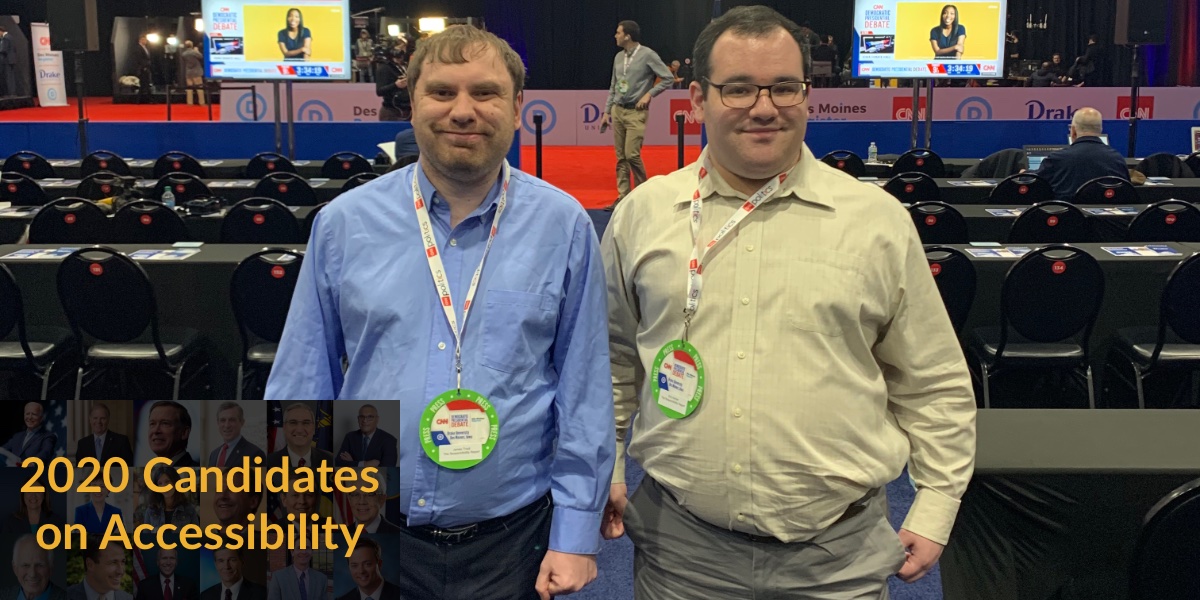
Be First to Comment